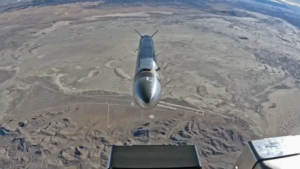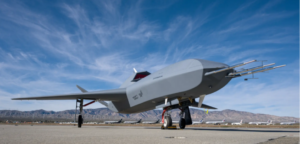By Marina Malenic The Air Force is doing "everything humanly possible" to ensure that any industry protest of an upcoming multibillion-dollar satellite contract will not be upheld by auditors, but the effort to "protest-proof" the competition ultimately may delay an award, the official in charge of Air Force space programs said. "We want to be as thorough as possible in this source selection because if there is a protest we want to make sure we have done everything possible" to…
Recommended

Rocket Lab Hits Record Revenue In 2025, But Delays Neutron Launch

BlackSky’s Growth Contracts In 2025 For Second Year

L3Harris Names New CFO, Freeing Bedingfield To Run Missile Solution Business
Trending
Congress Updates
Wicker Wants Legislation On DoD’s Equity Investments In Minerals Supply Chain
Legislation regarding equity investments by the Defense Department in critical mineral supply chains is needed to strengthen the larger defense industrial base and demonstrate to the “free market” that the […]
“Not Sure How They Get To Where They Wanna Be,” Calvert Says of $1.5 Trillion Defense Topline Proposal
As the federal government enters a third week of tardiness in a fiscal 2027 budget release, a big question is how the Pentagon will be able to spend $500 billion […]
Path Uncertain For $1.5 Trillion FY ‘27 Defense Topline After Trump Casts Doubt On Second Reconciliation Bill
The path to achieve the White House’s call for a $1.5 trillion defense topline in 2027 appears murkier now after President Donald Trump has cast doubt on the prospects of […]
Senate Budget Dems Push For Defense Reconciliation Spending Details, Cite ‘Slush Fund’ Concerns
Democrats on the Senate Budget Committee have raised “significant concern” with the Pentagon’s move to classify reconciliation spending plans, urging the department to provide more public details on how the […]
Job Feed
-
Cleared Senior/Principal
24/7/365 Mission Operations Center Lead, Onsite - Sandia National Laboratories - Livermore, CA -
Chair, Department of Surgery
Northwell Health - Staten Island University Hospital - Staten Island, NY -
Able Seaman (AB)
M (Maintenance) MWS (part time) - Military Sealift Command - Norfolk, VA -
Ops Chief
Militray Sealift Command - , VA










